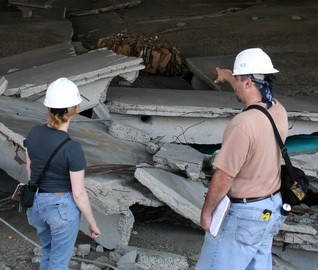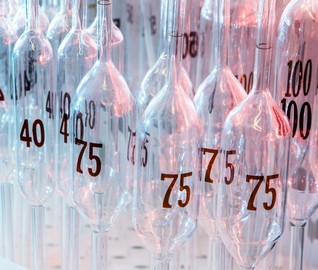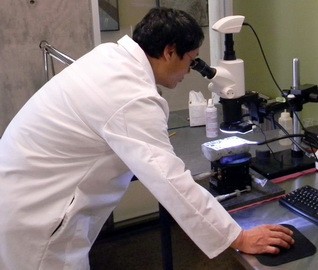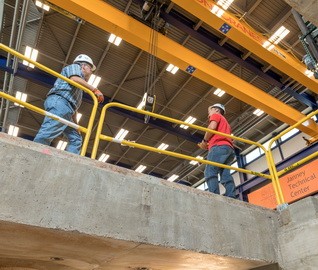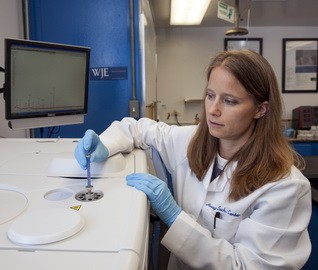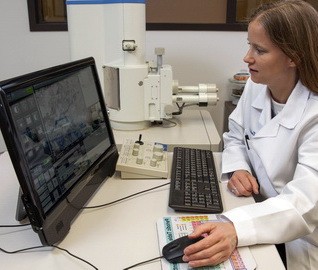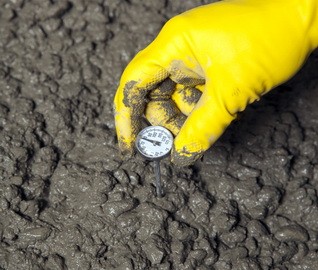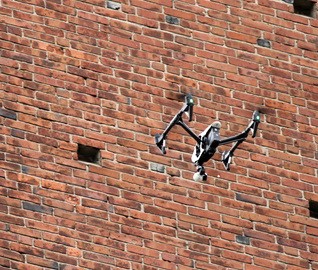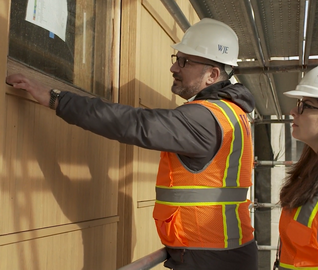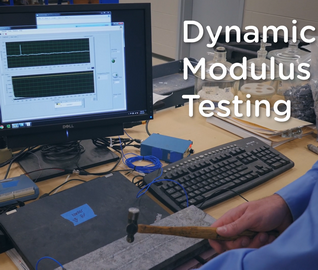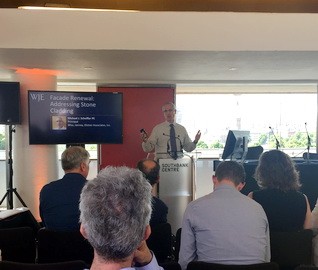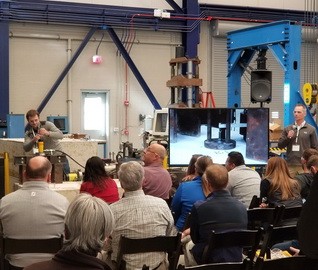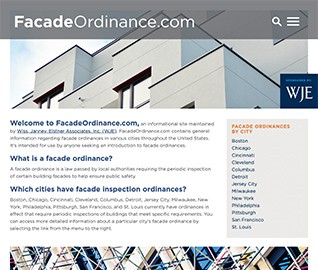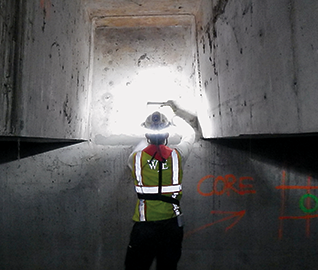This test method is used to determine compressive strength of cylindrical specimens prepared and cured in accordance with Practices C31/C31M, C192/C192M, C617/C617M, C943, C1176/C1176M, C1231/C1231M, and C1435/C1435M, and Test Methods C42/C42M, C873/C873M, and C1604/C1604M. The results of this test method are used as a basis for quality control of concrete proportioning, mixing, and placing operations; determination of compliance with specifications; control for evaluating effectiveness of admixtures; and similar uses. Care must be exercised in the interpretation of the significance of compressive strength determinations by this test method since strength is not a fundamental or intrinsic property of concrete made from given materials. Values obtained will depend on the size and shape of the specimen, batching, mixing procedures, the methods of sampling, molding, and fabrication and the age, temperature, and moisture conditions during curing. The individual who tests concrete cylinders for acceptance testing shall meet the concrete laboratory technician requirements of Practice C1077, including an examination requiring performance demonstration that is evaluated by an independent examiner.
WJE laboratories are accredited by AASHTO (R18), ANAB (ISO/IEC 17025), and Miami-Dade County (TAS301-94) to perform testing standard ASTM C39 for Compressive Strength of Cylindrical Concrete Specimens.
Contact us to learn more.
Keywords
ASTM C39 - Compressive Strength - Concrete - Density and Relative Density - Test Specimens and Test Engines
ICS CODE
91.100.30 (Concrete and concrete products)
UNSPSC CODE
30111500 (Concrete and mortars)
CITATION FORMAT
ASTM C39 / C39M-18, Standard Test Method for Compressive Strength of Cylindrical Concrete Specimens, ASTM International, West Conshohocken, PA, 2018,
www.astm.org
 John E. Pearson, Principal and Laboratory ManagerWJE Northbrook MORE >People | John E. Pearson, Principal and Laboratory Manager
John E. Pearson, Principal and Laboratory ManagerWJE Northbrook MORE >People | John E. Pearson, Principal and Laboratory Manager WJE's Janney Technical Center (JTC) provides advanced testing and forensic capabilities to... MORE >Labs | Janney Technical Center
WJE's Janney Technical Center (JTC) provides advanced testing and forensic capabilities to... MORE >Labs | Janney Technical Center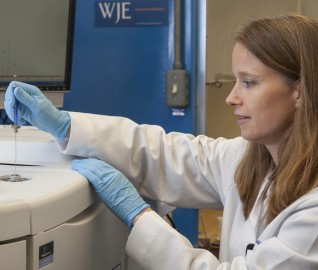 Our materials scientists provide comprehensive consulting services for the evaluation and... MORE >Services | Materials Evaluation and Testing
Our materials scientists provide comprehensive consulting services for the evaluation and... MORE >Services | Materials Evaluation and Testing WJE was founded on a spirit of innovation—that everything can be improved and that... MORE >Services | Product Development, Evaluation, and Testing
WJE was founded on a spirit of innovation—that everything can be improved and that... MORE >Services | Product Development, Evaluation, and Testing


